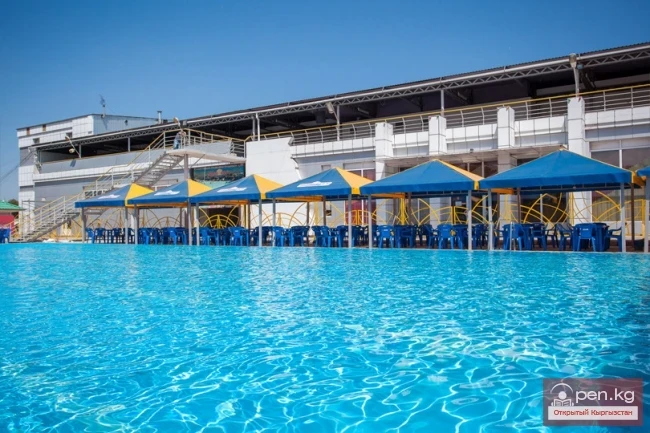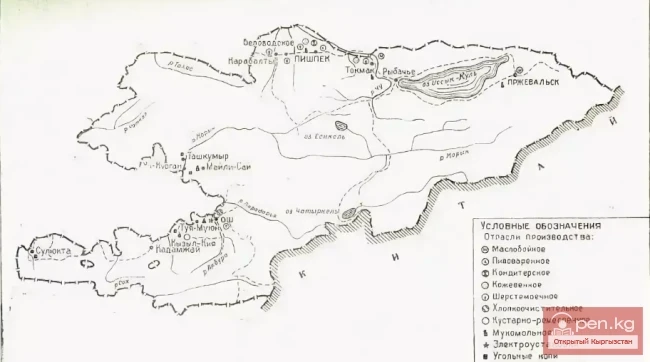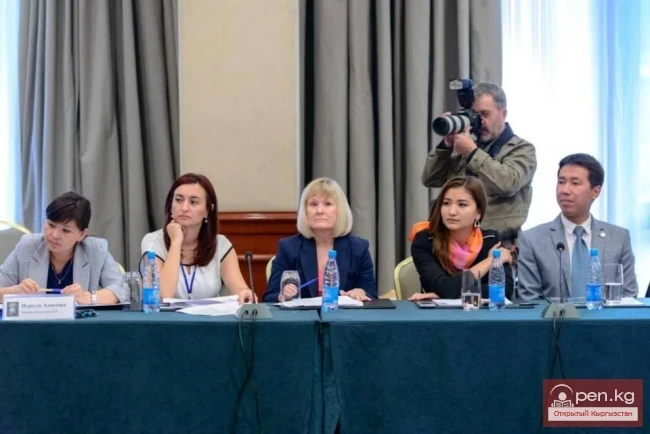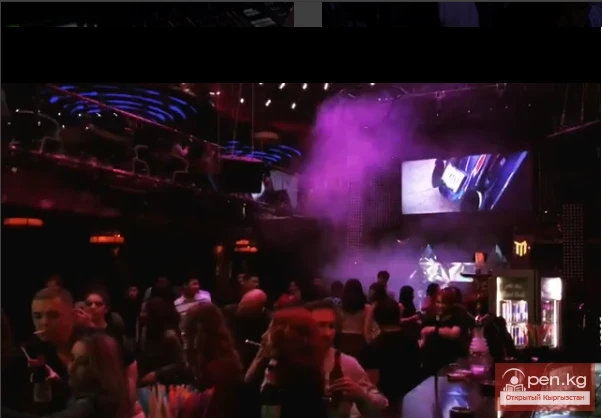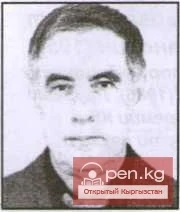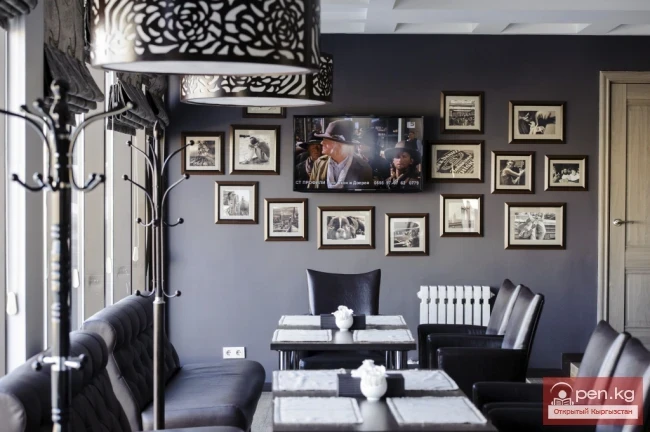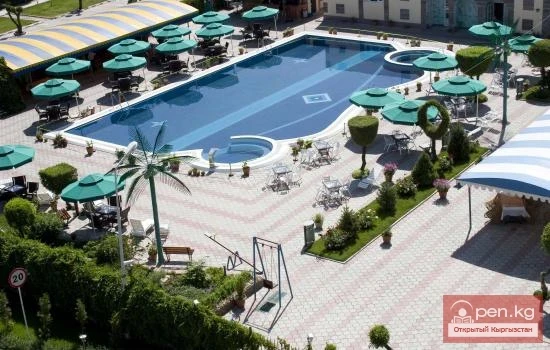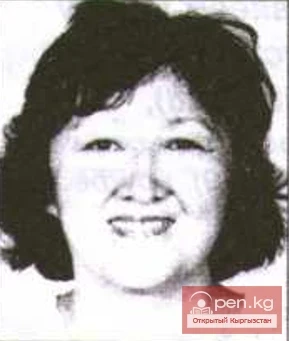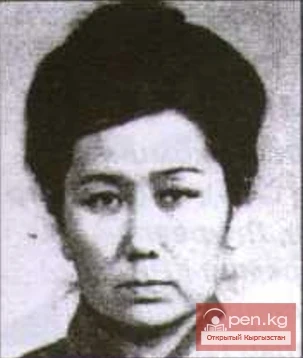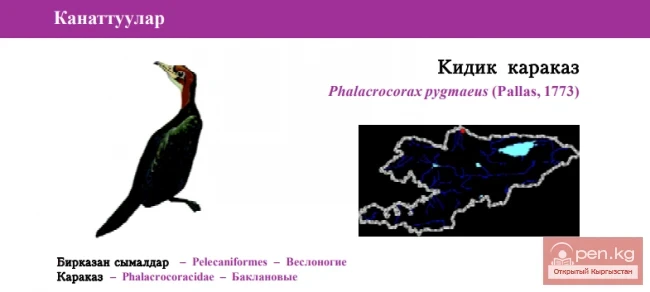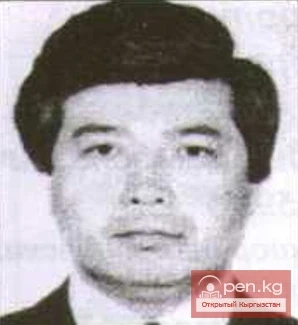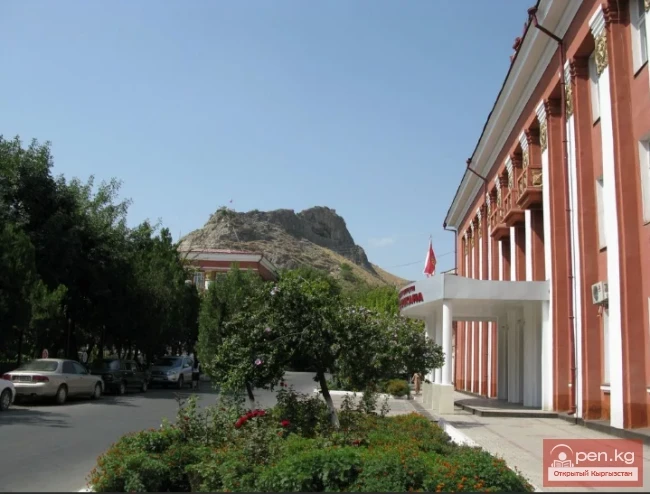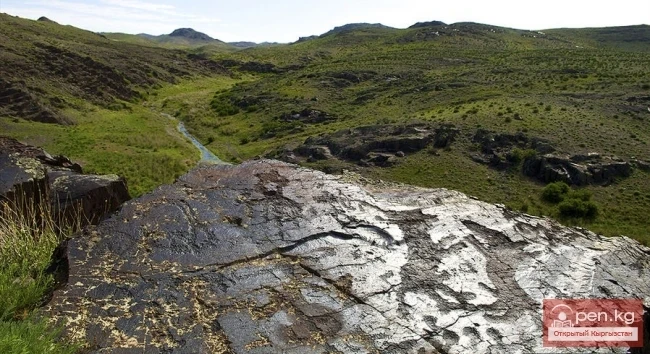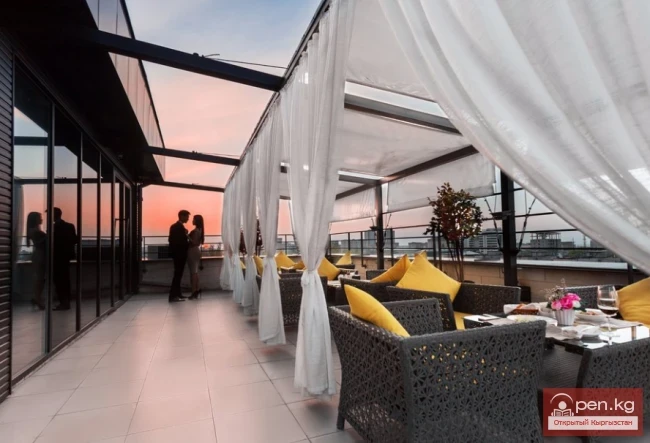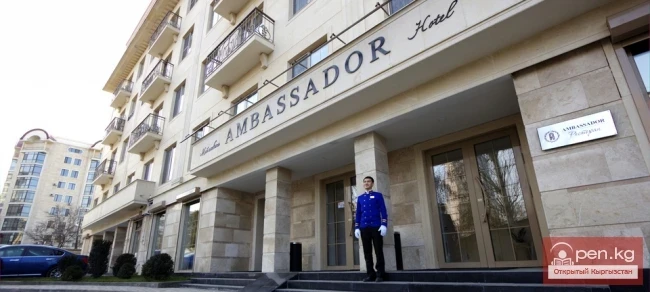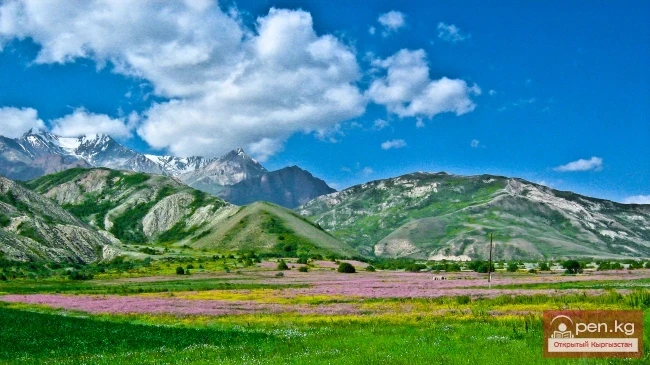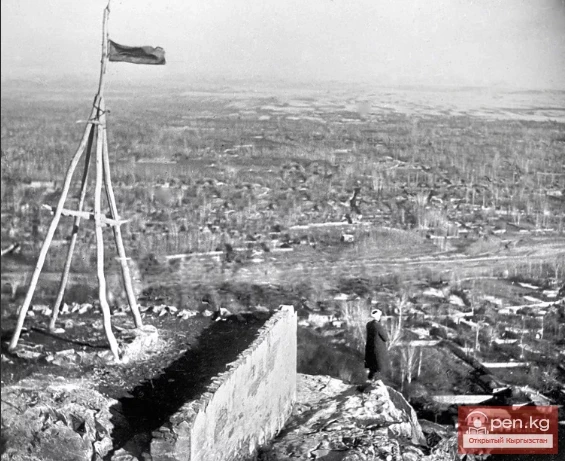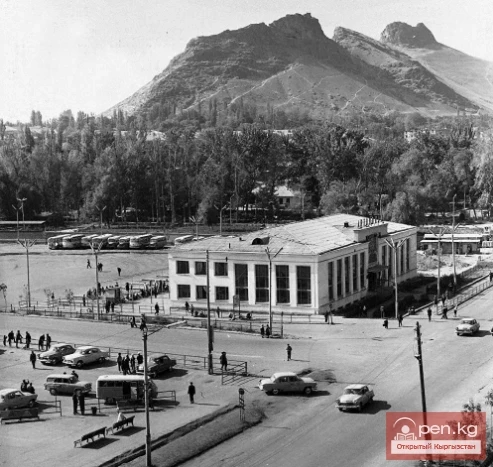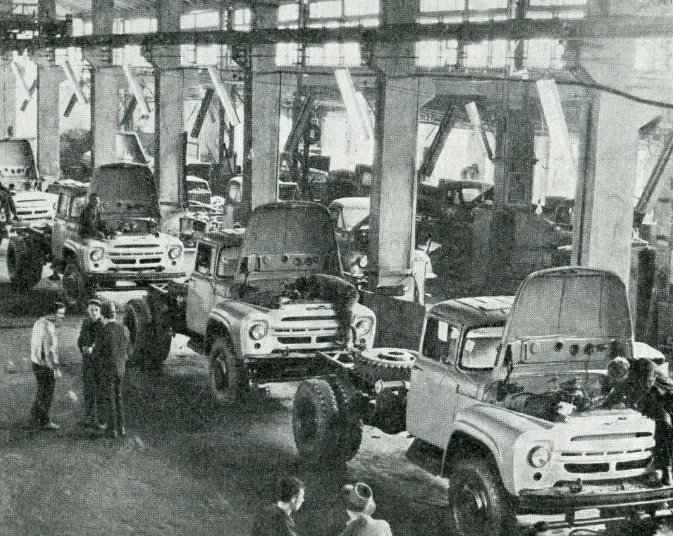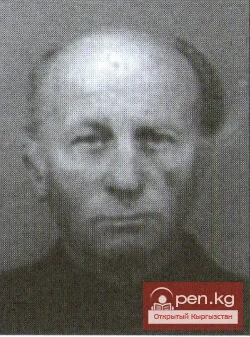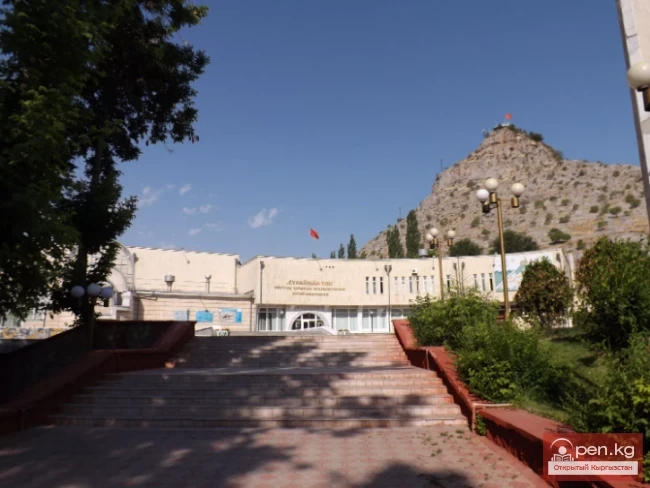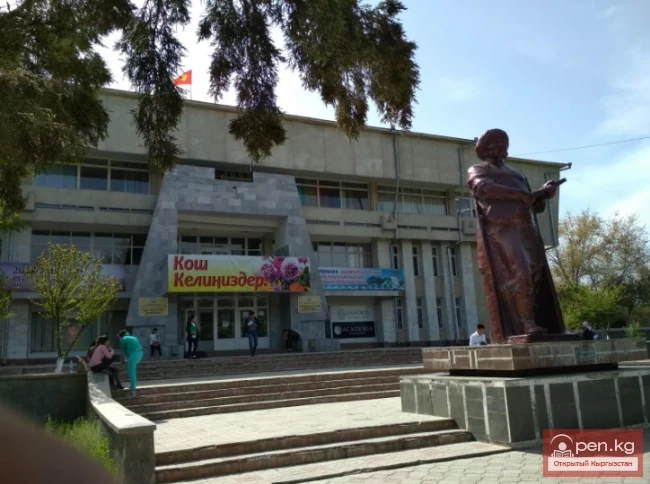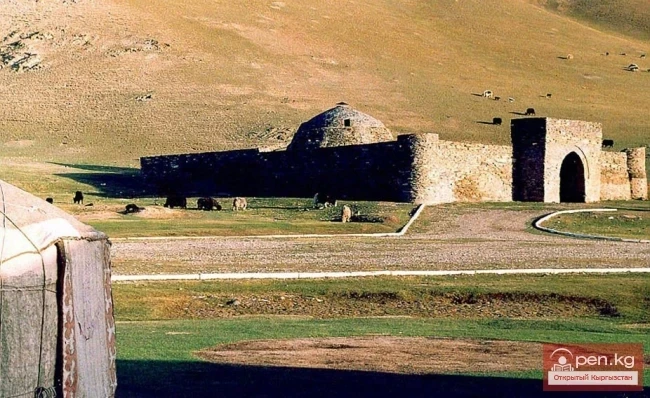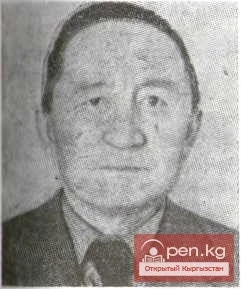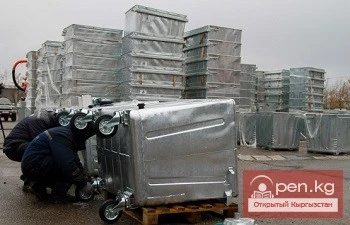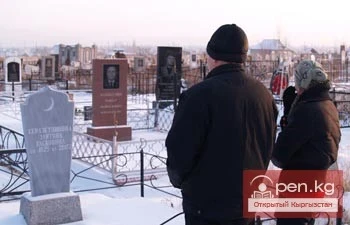
The need for new burial sites in Bishkek has been discussed at the city hall for several years. For a city of one million, there were only five cemeteries: "Bratskoye" - 13 hectares (closed since 1956), "Dungan" - 4.2 hectares (closed in 1965), "Ala-Archa" - a memorial cemetery of 31 hectares, open only for burials by government decree, "Northern" - 86 hectares, where secondary burials are allowed in graves or next to relatives' graves if space permits, and "Southwest" - occupying over 300 hectares, operating since 1967. In practice, burials could only be conducted at "Southwest," which was exploited by funeral service providers, prompting the city hall to change the leadership of the funeral services. They managed to secure 44 hectares of land near the village of Grozd from the government in January 2013 for the construction of a new cemetery. The new necropolis was to be equipped with everything necessary: from a fence and a video surveillance system to proper security and maintenance of the graves.
At the initiative of then-deputy mayor Oleg Popikov, the first "residents" of the new burial site during its construction were the homeless. Now, ordinary citizens can also be buried there.
- The first stage of work has been completed: roads have been laid, a toilet and parking for cars have been made, and lighting has been installed along the fence, although it is not yet along the entire perimeter. The total estimated cost of the project is 327 million soms. So far, we have only been allocated 18 million soms, which we have fully utilized, and we are already starting burials at the new site, - said Bolot Karamuratov, head of the Bishkek funeral services agency.
The "Southwest" cemetery is still operational, and its closure date is not yet clear. However, at one of the city council sessions in the spring of this year, Mayor Kubanychbek Kulmatov stated that it would serve for about another five years before being closed.
It is worth noting that in addition to the construction of the new cemetery, both the leadership of BARU, deputies of the Jogorku Kenesh, and public figures have lobbied for the construction of a crematorium and columbarium for storing ashes in the capital. They also advocated for the creation of a law "On Funeral Services," regulating all stages of burial in accordance with modern realities. However, the law was never passed in the third reading by the fifth convocation of the Jogorku Kenesh.

